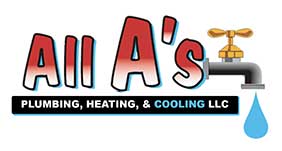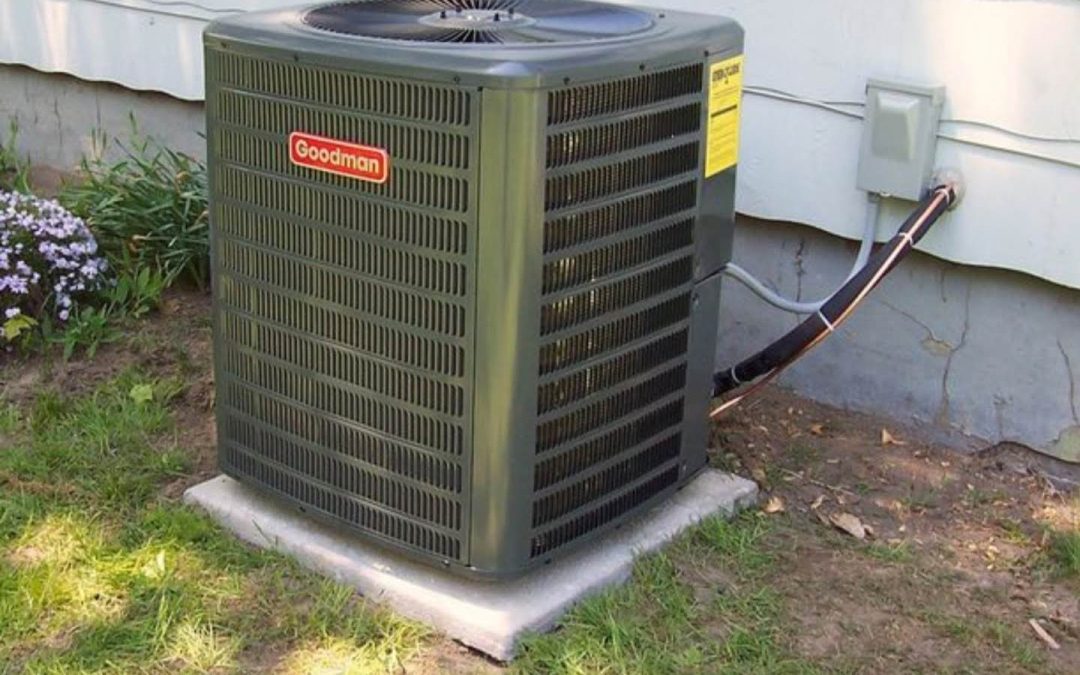An air conditioner should be seen and not heard, or at least, only gently hum. When your AC starts making strange noises, it’s not just annoying; it’s often a distress signal from the unit itself. Ignoring these sounds can lead to bigger problems and costly repairs down the line. Understanding the common causes of a noisy air conditioner and knowing some basic troubleshooting tips can help you address the issue before it escalates.
One of the most frequent culprits behind AC noise is a loose or unbalanced fan blade. As the fan spins, a wobbly blade can create a repetitive clicking, rattling, or even a thumping sound. This can happen over time due to wear and tear, or if debris gets caught in the fan. A qualified technician can often rebalance or replace the blade. Similarly, loose parts or debris within the unit can cause rattling or buzzing. This might be anything from a fallen screw to twigs and leaves that have found their way inside the outdoor unit. A thorough visual inspection (with the power off!) can sometimes reveal these foreign objects.
Another common complaint is a screeching or grinding noise. This often points to problems with the motor bearings in either the indoor blower fan or the outdoor condenser fan. Worn-out bearings need lubrication or replacement, and this is typically a job for a professional as it involves disassembling parts of the unit. If you hear a hissing sound, especially when the unit is running, it could indicate a refrigerant leak. Refrigerant leaks are serious and require immediate attention from a certified HVAC technician, as they can lead to system inefficiency and potential damage to the compressor.
A loud banging or clunking noise can be particularly alarming. In some cases, this could be a failing compressor. The compressor is the heart of your AC system, and its malfunction can be very expensive to repair or replace. Less severe but still concerning is a worn-out fan motor mount, which can cause the entire motor to vibrate and bang against the unit’s casing.
For troubleshooting, always start by turning off the power to your AC unit at the thermostat and the breaker box to ensure your safety. Then, you can perform a visual inspection of the outdoor unit, looking for any obvious debris or loose objects. Check the air filter for your indoor unit; a clogged filter can sometimes restrict airflow and cause a whistling sound. Beyond these basic checks, it’s generally best to call a professional. Diagnosing and repairing internal AC noises often requires specialized tools and expertise to avoid further damage or injury. Don’t let a noisy AC ruin your comfort; address the sounds promptly for a quieter and more efficient home.



Recent Comments